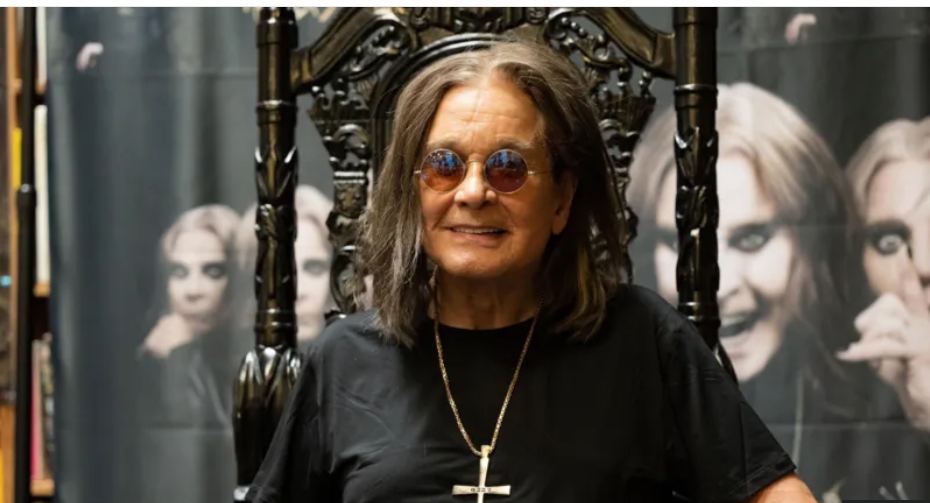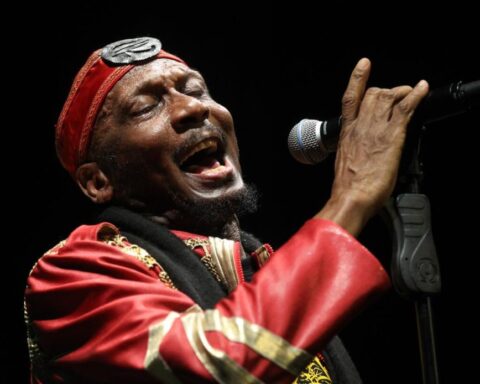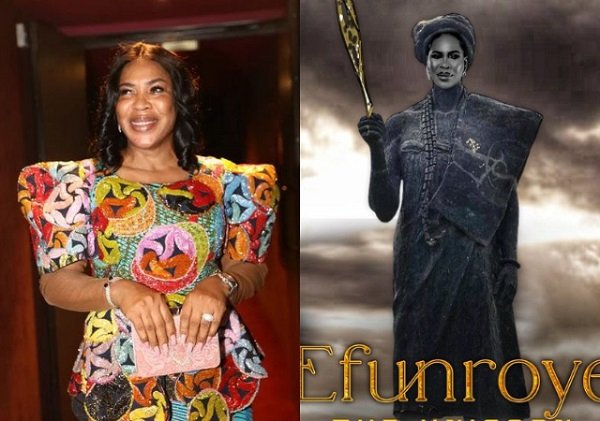Ozzy Osbourne, the legendary frontman of Black Sabbath and heavy metal pioneer known as the “Prince of Darkness,” has died at 76. His death was confirmed by family today; they stated he passed away peacefully at his home in Buckinghamshire, surrounded by loved ones.
He had just performed his final live show on July 5 at Villa Park in Birmingham, a star-studded farewell benefit concert titled Back to the Beginning, held in his hometown. Despite battling Parkinson’s disease since 2020, Osbourne delivered a memorable performance from a custom-designed throne to an audience of 45,000. The event raised £140 million for charities such as Birmingham Children’s Hospital, Acorns Children’s Hospice, and Cure Parkinson’s.
Born John Michael Osbourne on December 3, 1948, in Birmingham, he rose to global prominence as the lead singer of Black Sabbath in the early 1970s. Albums like Paranoid and Master of Reality helped define heavy metal. He launched a highly successful solo career with works like Blizzard of Ozz and Crazy Train, selling over 100 million records across his career. He was twice inducted into the Rock & Roll Hall of Fame, first with Sabbath in 2006, then as a solo artist in 2024.
Tributes have poured in from across the entertainment world and sports community. Elton John, Metallica, Rod Stewart, Jack White, Aston Villa Football Club, and many more paid their respects, celebrating his profound impact on music and pop culture. In a family statement they wrote, “It is with more sadness than mere words can convey that we have to report that our beloved Ozzy Osbourne has passed away this morning … we ask everyone to respect our family privacy at this time”.
Ozzy Osbourne’s larger-than-life stage persona, notorious antics including the infamous bat‑biting incident, and emotional farewell show have solidified his legacy as a defining voice of heavy metal. His passing marks the end of a monumental era in rock music, but his influence will resonate for generations to come.



























